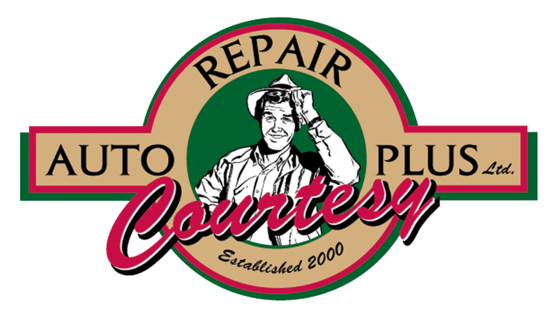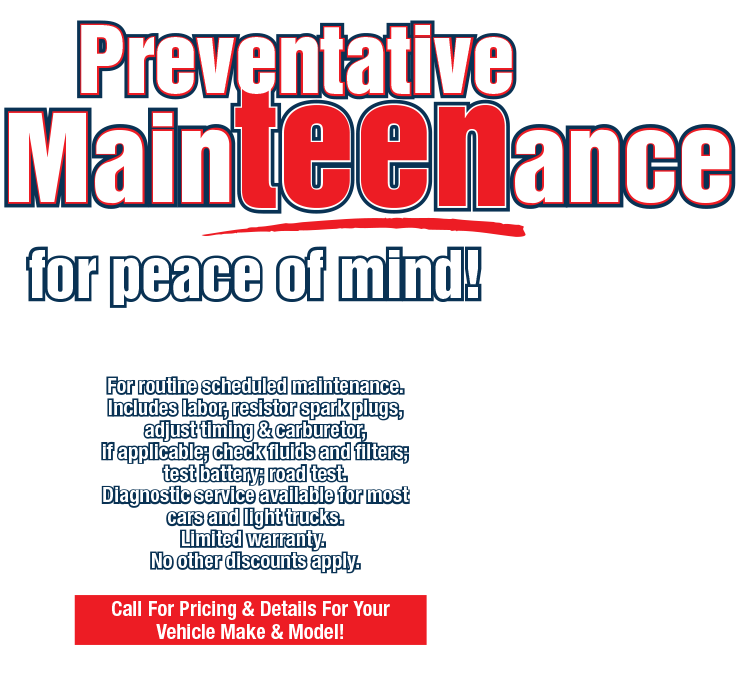Beware of Potholes! (Avoiding Pothole Damage)
May 12, 2024
You may live in a region where roads become pockmarked with craters known better as potholes. They're caused by moisture seeping through a compromised road surface that can freeze, expand and literally punch holes in the road. And when your vehicle hits one of those holes that's big enough, the impact can flatten a tire, bend a wheel or tear apart a suspension component.
To minimize pothole damage, leave enough room between you and the vehicle in front of you so you can see the road surface and any upcoming potholes. That way you'll have time to slow down and steer around them. Also, if you see what looks like a puddle of water, it may be hiding a pothole underneath, so treat it as if was a pothole.
If you keep your tires inflated to the manufacturer's specifications, they're more likely to withstand hard impacts. And the slower you're going when you hit a pothole, the less likely you are to break something. But if you do find you've hit a pothole pretty hard, here are some signs to watch out that could signal damage.
- Your vehicle pulls to one side
- The steering wheel shakes
- You hear noises or clunks coming from your suspension
- Your steering wheel is not centered when you are going straight
These are all symptoms you should have checked at your vehicle repair facility as soon as you can. The longer you wait, the more damage you may be doing.
You also may find after hitting a pothole hard that the tire on that wheel is flat. Try not to drive any more on that tire since you could do a lot more damage to the tire and/or wheel. A call to roadside assistance may save you money in the long run by limiting the damage to what's already done.
Courtesy Auto Repair Plus
967 Bon Air Ave
Tiffin, Ohio 44883
419-443-0797
http://www.courtesyautorepairplus.com
More articles from Courtesy Auto Repair Plus

Reaching the Braking Point (Brake hose replacement)
February 8, 2026
If you notice your brakes arent working like they used to, thats the kind of thing thats important to have checked out soon. Thats because your brakes are extraordinarily important to the safe operation of your vehicle. Sometimes you feel like your brake pedal is feeling a little soft or its lo... More

No Fuel-ing! (Fuel Filter Replacement)
February 1, 2026
Your vehicle has a few filters you might be somewhat familiar with. Theres the oil filter that removes impurities from your engines oil, and a couple of different kinds of air filters that prevent contaminants from getting into the engine and the cabin. But you may not know that your vehicle als... More

Such a Little Part (Climate Control Resistor)
January 25, 2026
You expect your heater/air conditioner to work like it should. You have a control for temperature and one for fan speed. You even have a control for what vents the air comes out of. Don't be surprised one day if your blower fan develops a mind of its own and starts going crazy. Most of the ti... More







